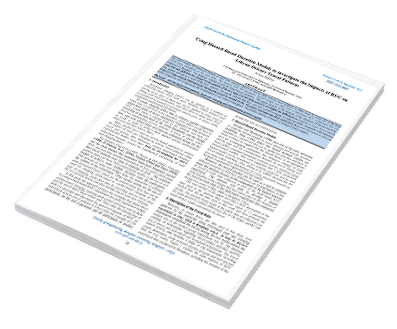Using Hazard-Based Duration Models to investigate the Impacts of RUC on Libyan Drivers Travel Patterns
DOI:
https://doi.org/10.37376/lyjer.v1i2.466Keywords:
Activity-based travel patterns, Road user charging and hazard-based duration modelsAbstract
This paper studies the perceived impacts of road user charging (RUC) on drivers daily activity travel patterns in urban areas by using one of the large Libyan cities (Benghazi) as the case study. The analysis uses full parametric hazard models and data from a field-based RUC experiment that was conducted in Benghazi. The database consists of activity-based travel durations. This paper focuses on the analysis of the durations of drivers travel-to-work trips and addresses the changes on the patterns of driver’s trips over the study period to investigate the differences attributable to origin (home-based), time, gender and age as a result of the RUC impacts. The results indicate that RUC can have a positive impact in reducing traffic congestion with reduction of driver’s trips crossing restricted areas during peak period by around 35.5%. The paper concludes that RUC could serve as a good instrument in reducing traffic congestion and in improving the environment in city centre of Benghazi. The results could be of benefit to transport policy makers.
Downloads

Downloads
Published
How to Cite
Issue
Section
License
Copyright (c) 2021 Libyan Journal for Engineering Research

This work is licensed under a Creative Commons Attribution-NonCommercial-NoDerivatives 4.0 International License.






